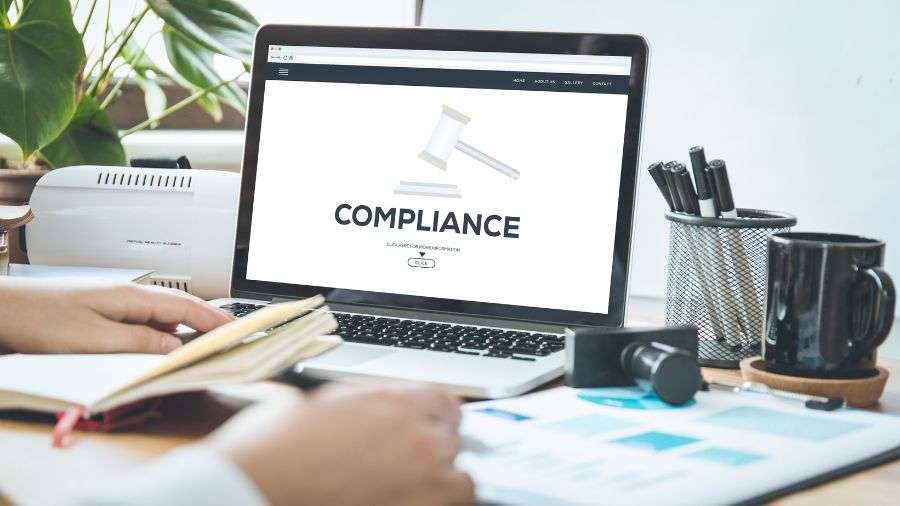In the business world, concern for ethics and integrity is fundamental to maintaining the trust of investors, customers, and society at large. The occurrence of fraud and irregularities can seriously damage a company’s reputation, resulting in substantial financial losses and irreparable damage to its image.
To combat this scenario, compliance and internal investigation are vital tools for identifying, preventing, and correcting irregularities, ensuring compliance with laws, regulations, and ethical principles.
In this article, based on the third episode of STWCast, we will discuss the importance of these practices with Dr. Luis Felipe, a specialist in the field and legal manager in the telecommunications industry.
The Challenge of Corporate Fraud
Frauds in companies constitute a complex issue, exacerbated by the nuances of the judicial system and the ease of manipulation of legislation.
One of the concerns faced is that, although companies have fraud problems, many of them lack trained professionals to conduct effective investigations.
The lack of knowledge and maturity in this field can lead to poorly conducted or confusing investigations, resulting in negative consequences.
The Role of Compliance and Internal Investigation
Compliance is the set of practices that ensure a company operates within laws and regulations, as well as adheres to ethical standards.
Having an internal investigation department, like HR and IT, responsible for overseeing internal compliance, ensuring the adoption of appropriate procedures, and compliance with regulations is necessary for a company’s success.
This area can be led by a chief compliance officer, whose legal background is beneficial but not mandatory.
The compliance area works in conjunction with the legal department and human resources to ensure adherence to internal and external regulations.
This involves managing conflicts of interest, confidentiality of information, proper use of equipment, and prevention of role deviations.
Disclosure and understanding of internal regulations are indispensable for all employees to be aware of their responsibilities.
Prevention and Detection of Irregularities

Acting to prevent fraud is a more effective approach than just detecting it, according to Luis Felipe. He emphasizes that by creating a culture of compliance from the outset, companies can avoid greater problems in the future.
Prevention policies include strict adherence to internal rules, adequate supervision of employee activities, and monitoring of potential conflicts of interest.
An essential aspect in fraud prevention is the implementation of anonymous reporting channels. These channels offer employees a safe way to report irregularities without fear of retaliation.
Furthermore, the company should promote an ethical culture that encourages reporting of suspicious activities.
This not only helps to detect irregularities but also demonstrates the company’s commitment to transparency and integrity.
What Can We Conclude About Compliance and Internal Investigation?
The effective implementation of compliance and internal investigation programs is essential for fraud prevention and the maintenance of corporate integrity.
By creating an environment where employees understand their ethical responsibilities and have secure means to report irregularities, companies can avoid financial losses, reputation damage, and potential legal implications.
The joint work between compliance, legal, and human resources departments is fundamental to establishing a culture of compliance that benefits all involved and contributes to the building of a healthy and reliable business environment.
To learn more about how compliance is beneficial to your company, watch the full 3rd episode of STWCast by clicking on the link belo





